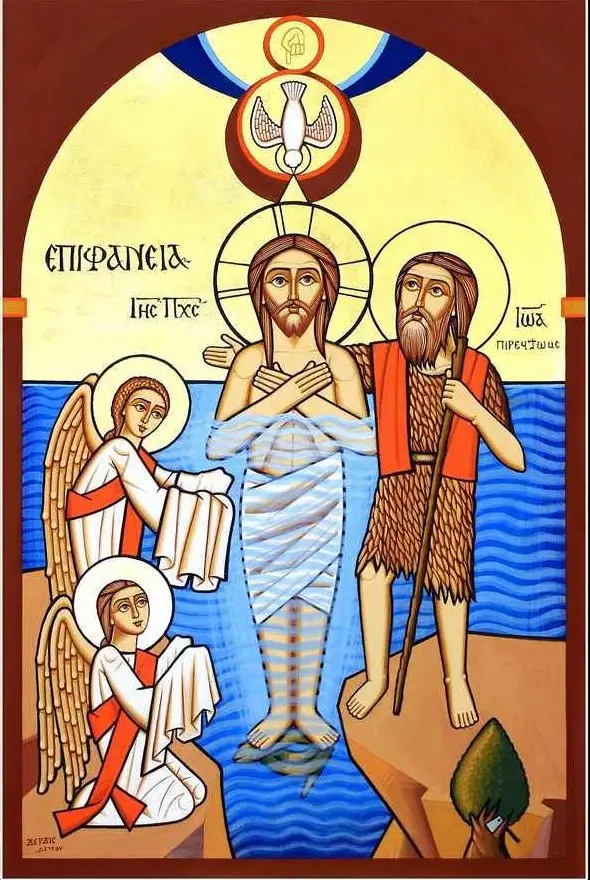
“For He received from God the Father honor and glory when such a voice came to Him from the Excellent Glory: ‘This is My beloved Son, in whom I am well pleased.”
(2 Peter 1:17)

“Unless one is born of water and the Spirit, he cannot enter the kingdom of God.”
(John 3:5)
"This is My beloved Son in whom I am well pleased,”
(John 3:5)
”Let Us make man in Our image”
(Genesis 1:26)